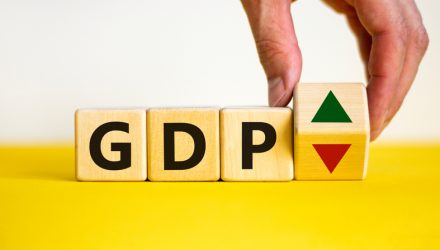You’re probably familiar with market cap-weighted exchange traded funds (ETFs). But did you know that if you own a market cap-weighted global index fund, you’d have 50% more money allocated to Switzerland than China? It may be time to consider another way.
That last fact is surprising, given that China’s economy is 10 times larger than Switzerland’s economy. Not to mention, China’s economy is growing at a much faster pace.
The reason for this seemingly illogical weighting is that the MSCI All-Country World Index, one of the most popular global indexes, is composed of a free-floating calculation, reports Matt Hougan of Index Universe.
Basically, MSCI sums up the market caps for all companies trading on major exchanges throughout the world and adjusts the weighting according to the number of freely traded shares. That means that shares held by insiders and governments are not included.
- First, it skews the portfolio to countries with well-developed capital markets.
- Second, it skews the portfolio away from countries with large insider holdings. The result is that countries such as Australia and Canada are weighted more heavily than China. That’s even though China dwarfs both countries by GDP.
Since 1988, the GDP-weighted MSCI ACWI has outperformed its market cap-weighted peer by 2.7% annually. That’s a huge difference.
If you narrow your research down to emerging markets, the difference is greater, with the GDP-weighted index outperforming the market weighted index by almost 5% annually.
For more stories on ETFs, visit our ETF 101 category.
- iShares MSCI ACWI Index (NASDAQ: ACWI)
Sumin Kim contributed to this article.
For more news, information, and analysis, visit VettaFi | ETF Trends.
The opinions and forecasts expressed herein are solely those of Tom Lydon, and may not actually come to pass. Information on this site should not be used or construed as an offer to sell, a solicitation of an offer to buy, or a recommendation for any product.
